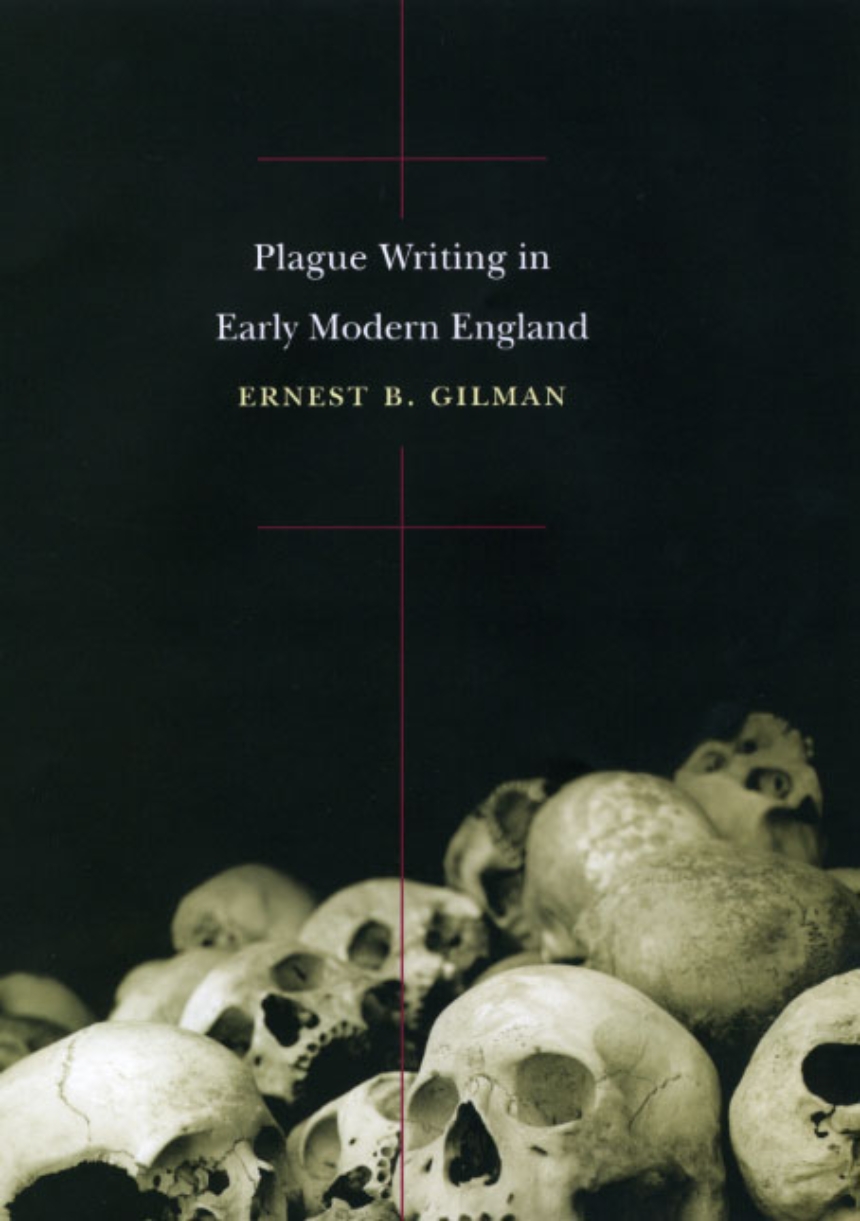Plague Writing in Early Modern England
During the seventeenth century, England was beset by three epidemics of the bubonic plague, each outbreak claiming between a quarter and a third of the population of London and other urban centers. Surveying a wide range of responses to these epidemics—sermons, medical tracts, pious exhortations, satirical pamphlets, and political commentary—Plague Writing in Early Modern England brings to life the many and complex ways Londoners made sense of such unspeakable devastation.
Ernest B. Gilman argues that the plague writing of the period attempted unsuccessfully to rationalize the catastrophic and that its failure to account for the plague as an instrument of divine justice fundamentally threatened the core of Christian belief. Gilman also trains his critical eye on the works of Jonson, Donne, Pepys, and Defoe, which, he posits, can be more fully understood when put into the context of this century-long project to “write out” the plague. Ultimately, Plague Writing in Early Modern England is more than a compendium of artifacts of a bygone era; it holds up a distant mirror to reflect our own condition in the age of AIDS, super viruses, multidrug resistant tuberculosis, and the hovering threat of a global flu pandemic.
312 pages | 19 halftones | 6 x 9 | © 2009
History: British and Irish History
Literature and Literary Criticism: British and Irish Literature
Reviews
Table of Contents
Acknowledgments
Introduction: The View from the Mountain
Chapter 1: Diagnosing Plague Narratives
Chapter 2: The Plague and the Word
Chapter 3: Jonson, Regime Change, and the Plague of 1603
Chapter 4: Here Lies Ben Jonson
Chapter 5: John Donne: Translating the Plague
Chapter 6: Writing the “Great Plague”: Pepys and Defoe
Conclusion: The View from Here
Works Cited
Index
